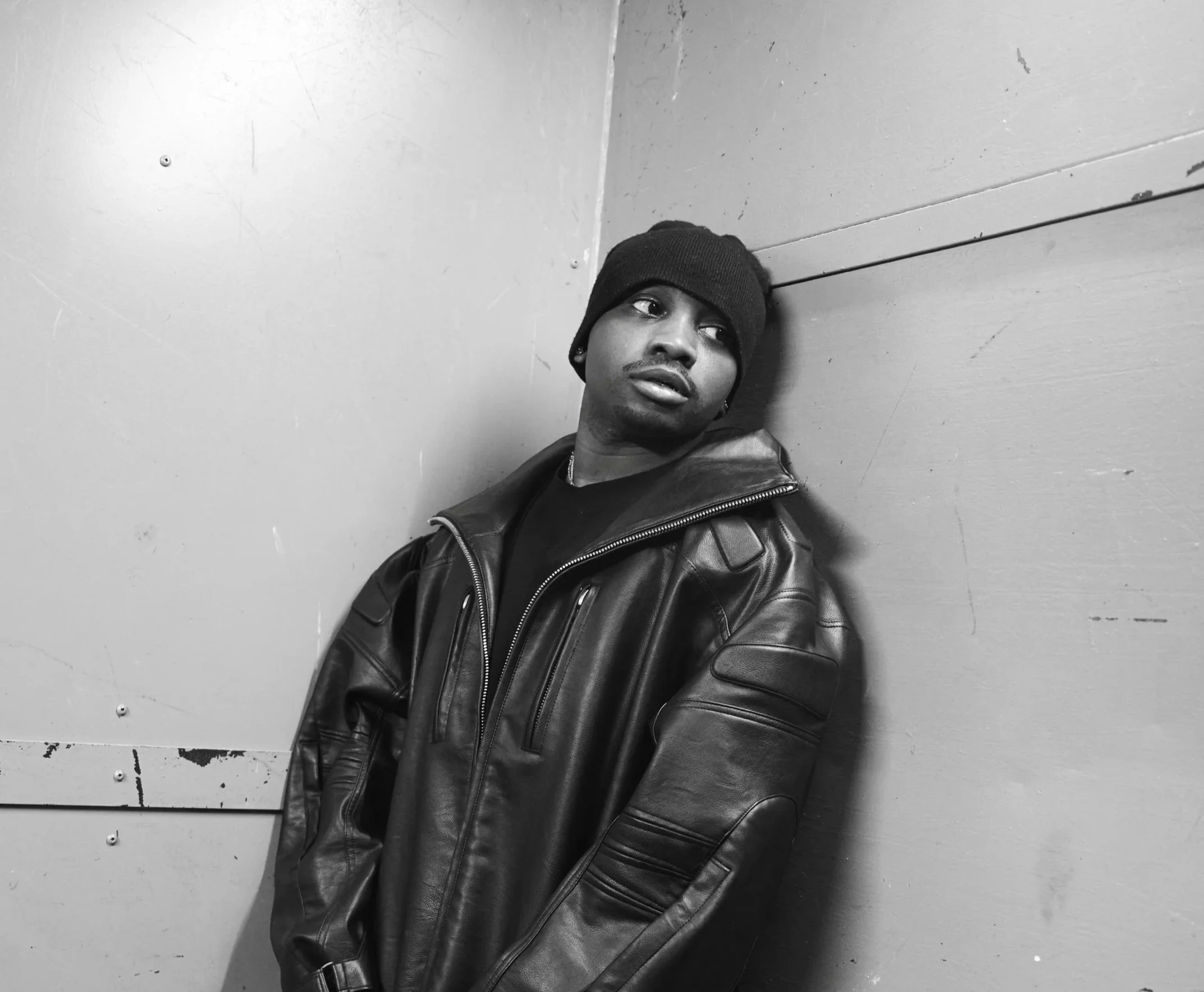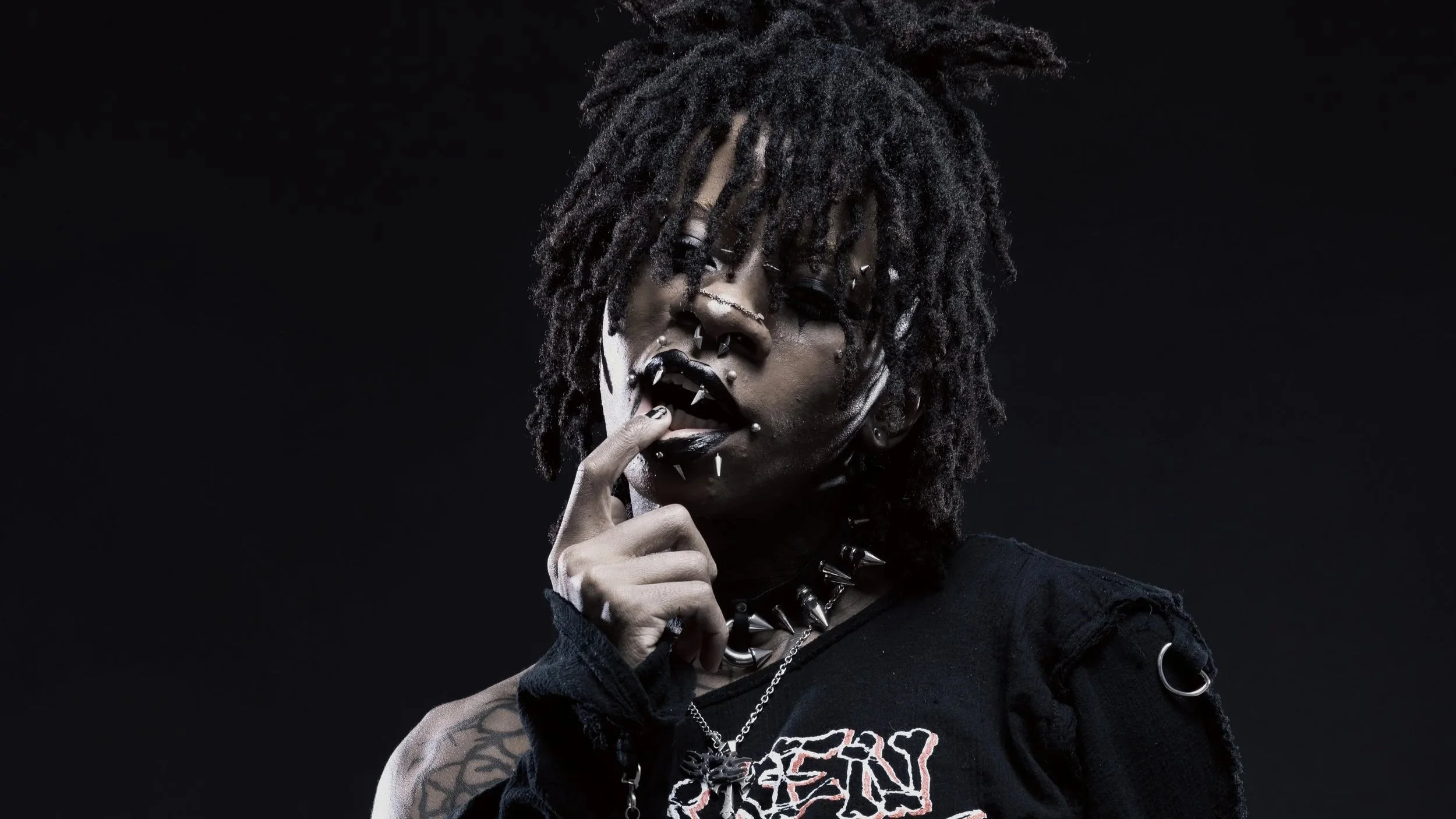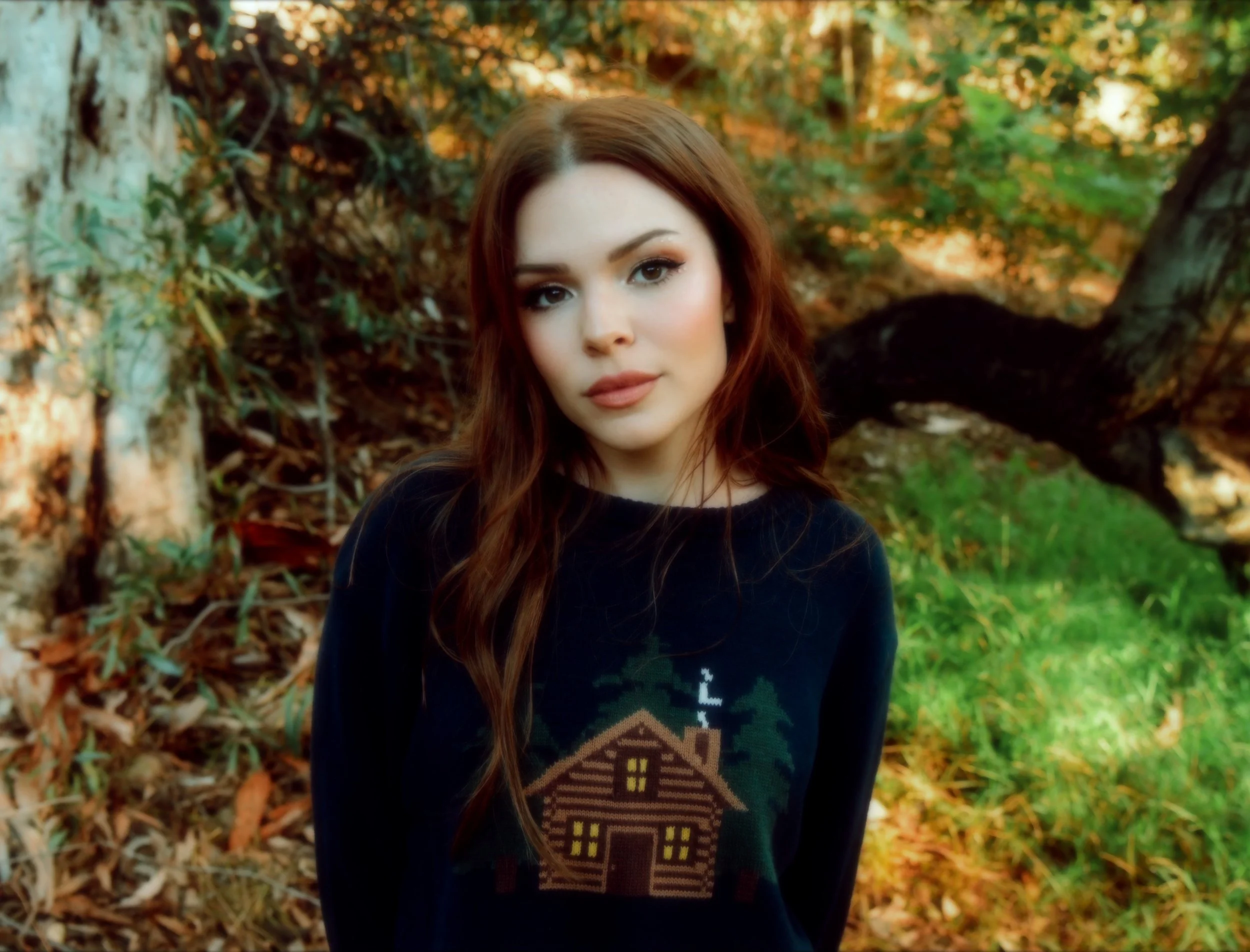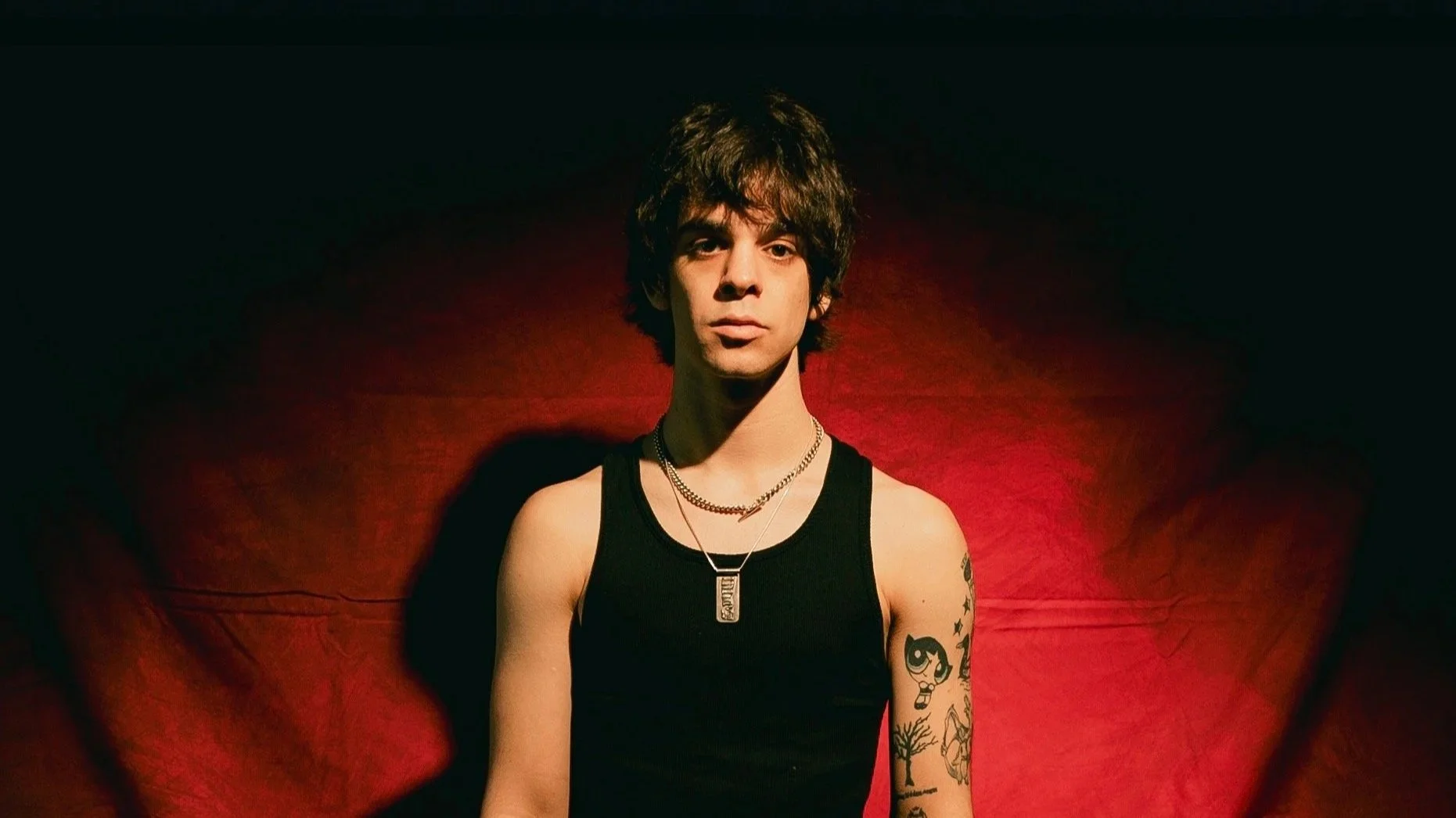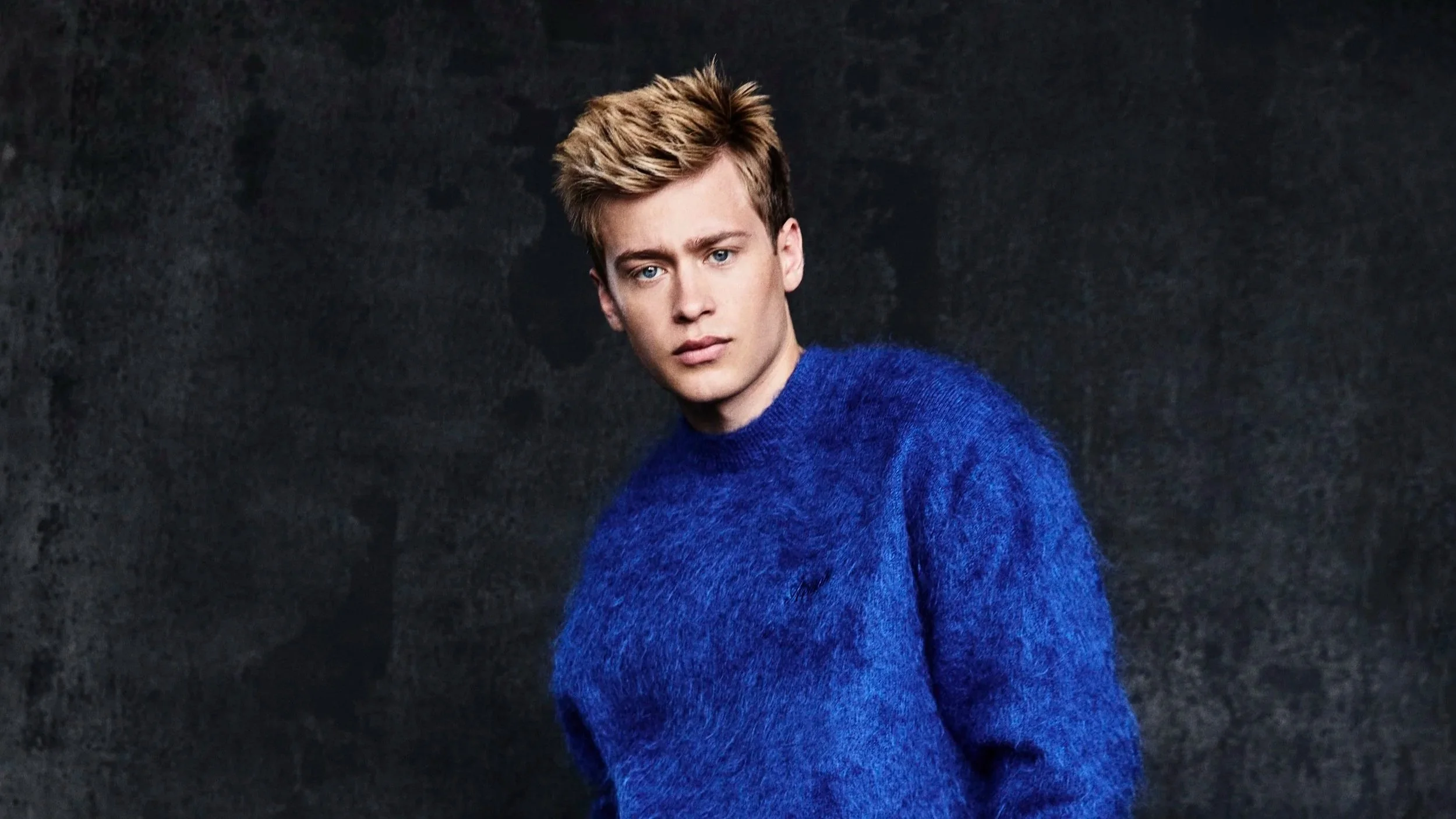Miguel Angel Garcia Reflects on His Nuanced Performance in Die Like A Man
Eric Nazarian’s Die Like A Man drops you headfirst into the raw, relentless world of LA’s gang life, telling a coming-of-age story that hits hard and lingers long after it comes to a halt. It’s not just about one neighborhood—it’s about what it means to grow up in a place that’s constantly testing you, and it feels like it could be anyone’s story.
At the heart of it is Freddy, a teenager staring down adulthood with no easy answers, played by Miguel Angel Garcia in a way that makes this story even more tangible. If you caught Garcia in The Long Game, you know he’s got range, but here, he’s raw and real, carrying Freddy’s inner tug-of-war between hope and havoc with every look and line. Freddy’s life takes a sharp turn when Solo, a brutal gang leader played with intensity by Cory Hardrict, puts a gun in his hand and tells him to prove himself. That moment sets off a chain reaction that could define—or destroy—his future. Then there’s Luna, played by Mariel Molino, who lights up Freddy’s world and shows him there might be another way out, even if it feels impossibly far off.
Nazarian, who pulled from his own life as an Armenian immigrant in LA’s tougher corners, doesn’t shy away from the messy stuff—machismo, loyalty, and the way gun violence rips through a community. Freddy’s caught in the middle, and Garcia nails every ounce of his struggle, making you feel the weight of every choice. Now, we’re sitting down with the star of Die Like A Man to unpack what it took to bring Freddy’s story to life.
Die Like A Man explores some of the pressures that come with a young man's coming-of-age. What specific conflicts were most important for you to highlight in your portrayal of Freddy?
Miguel Angel Garcia: For me, the biggest conflict at the heart of Freddy’s story is the push and pull between the boy he is and the man the world is trying to force him to become. There’s this pressure to prove something, especially in a community where toughness is mistaken for strength. I wanted to show Freddy’s vulnerability, the need for belonging, and how easily that can be manipulated. It was important to capture the silent moments where he’s questioning everything…
Freddy's relationship with Solo, portrayed by Cory Hardrict, is central to the film and culminates in a tense ending. How did you and Cory collaborate to establish that complex dynamic, and how did that relationship inform Freddy's choices throughout the narrative?
Miguel Angel Garcia: First off, Cory Hardrict is a fantastic actor, it was a joy to work with someone like him. Eric, Cory, and I spent a lot of time talking through that relationship. How Solo becomes this kind of father figure, mentor, and antagonist all in one. Freddy is constantly trying to earn Solo’s approval… and that influences every single decision he makes. That confusion and dependency is what I was aiming for as an actor.
Freddy’s 17th birthday marks a pivotal moment in the film, with the introduction of a heavy task that’s placed on him. How did you approach portraying the emotional weight of that turning point?
Miguel Angel Garcia: The mission or task that is placed in front of him is what drives the film forward. I thought about what it feels like to be cornered… to be asked to do something that could change who you are forever. It’s not just fear, but it's the grief or pain you might feel from losing your past self.
The story also involves a love interest, Luna, played by Mariel Molino, and it's a really genuine bond that grounds the story. Can you share how Freddy’s connection with her influences his decisions or perspective throughout the film?
Miguel Angel Garcia: Freddy’s relationship with Luna is one of the few safe and honest places in his world. Mariel and I talked a lot about how their scenes should feel like a breath of fresh air. Luna doesn’t ask Freddy to prove anything… she just sees him, understands and loves him. Luna becomes a kind of mirror for the man he could be if he chose differently.
Director Eric Nazarian has said the film was intended to tackle internalized rage and the path to atonement for Freddy. What, if any, aspects of Freddy’s emotional arc resonated with you most?
Miguel Angel Garcia: I think a lot of young men carry that kind of rage… especially when they grow up around violence or silence. The path to atonement in the film isn’t about him becoming a hero… It’s about him recognizing the parts of himself he’s been afraid to face and trying to find some kind of peace. We tried to come from a place of humanity and understanding. Freddy taught me so much about myself and the man I personally want to become.
Finally, the title alone also reinforces that the film intends to challenge traditional ideas of masculinity. What do you hope audiences take away from Freddy’s story about what it means to “be a man”?
Miguel Angel Garcia: I hope people walk away realizing that being a man doesn’t mean being hard or fearless…it means being real. It means feeling things fully…owning your choices…and having the courage to break cycles that don’t serve you. Freddy is thrown into this world that says manhood is earned through violence… but you see that true strength lies in empathy… love… and in the ability to choose a different path even when it feels impossible.





